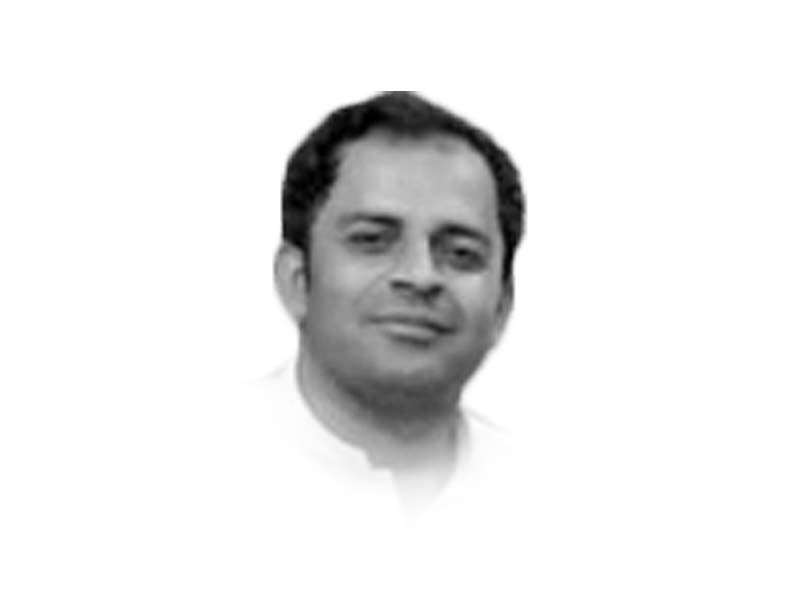
Though all humans are born free, they hardly live as such. As the French philosopher Jean-Jacques Rousseau puts it, “Man is born free, but everywhere he is in chains.” Although slavery has plagued humans for millennia, the chains that modern humans are bound by exceed both in quantity and complexity. The inherent freedom that humans are born with shrinks as they enter society and society evolves towards an advanced stage. Contrary to the physical chains that tied humans into servitude, the modern shackles are more intricate and systematically wired and operating invisibly to the point that they are hardly treated as such. Many interrelated factors contribute to these convoluted chains.
Biological factors: The first chains arise from biological needs such as food and water that are critical for survival. Though nature provides for these needs, their sustainable supply is only possible in a collective setting. The biological needs of humankind force them into social settings where individuals are required to surrender some of their liberty. Therefore, biological needs create a necessity for the family, the family for society, and society for governance. These factors create conditions that give rise to psychological chains.
Social factors: The reciprocal social interactions among family units lead to the emergence of society. In return, society subjects individuals and families to laws aimed at controlling and predicting social behaviours. Customs, traditions, mores, norms and theological provisions dictate individual and collective behaviour, thus limiting the freedom of choice. While their original intentions may not be that bad, these factors create abstract and carefully crafted chains that manifest themselves in concrete realities sooner rather than later. The social construction of poverty, inequalities and identities based on socioeconomic status, gender, caste, creed, class, religion, sect, language, race and ethnicity restricts human freedom more than it empowers them. These factors put humans into a narrow and sometimes blind trek of thought and action.
Political factors: The family, as the structural unit of society, is hardly expected to commit to predictable social laws. This gives rise to the need for authoritarian governments to sanction individual and collective actions. The centralisation of authority, regardless of its legitimacy, enables the governing authorities to craft and enact laws. These laws chain societies and the individuals living within them through obligatory compliance. While laws may aim at the effective management of public affairs, their unquestioned conformity makes them harsher. Blind compliance with these laws subjects people to systematic deprivations and improvisation. This occurs because the interests of the powerful are often disguised in the name of law as is also evidenced from their unchecked monopoly on dictating history and defining laws. The suppression of freedom of expression and thoughts, as well as the curbing of dissent, chain the individuals in systematic servitude.
Psychological factors: Though these factors might have helped refine human cognition and decision-making capabilities, many psychologically constraining factors have evolved in conformity with these sociopolitical bounds. Xenophobia, prejudices, hatred and racial, theological and ethnic biases limit the prospects of human thoughts and actions. Moreover, systematic ignorance, superstitions, dogmas and carefully crafted fallacious narratives tunnel human’s boundless cognitive capabilities within a narrow horizon. The obsession with dictating social behaviour, perfectionism, materialism and emotional attachments leaves little space for freedom.
If humans had no inherent or biological needs, they could have led relatively freer lives. However, this is not the case. While some restrictions and rules are necessary for an ordered life, most of the chains are systematically crafted and arbitrary, with detrimental implications for human freedom. Though absolute freedom may be unattainable in modern times, undoing oppressive, discriminatory and divisive state laws would add to individual freedom through participation, egalitarianism and holistic prosperity.
Published in The Express Tribune, June 11th, 2023.
Like Opinion & Editorial on Facebook, follow @ETOpEd on Twitter to receive all updates on all our daily pieces.
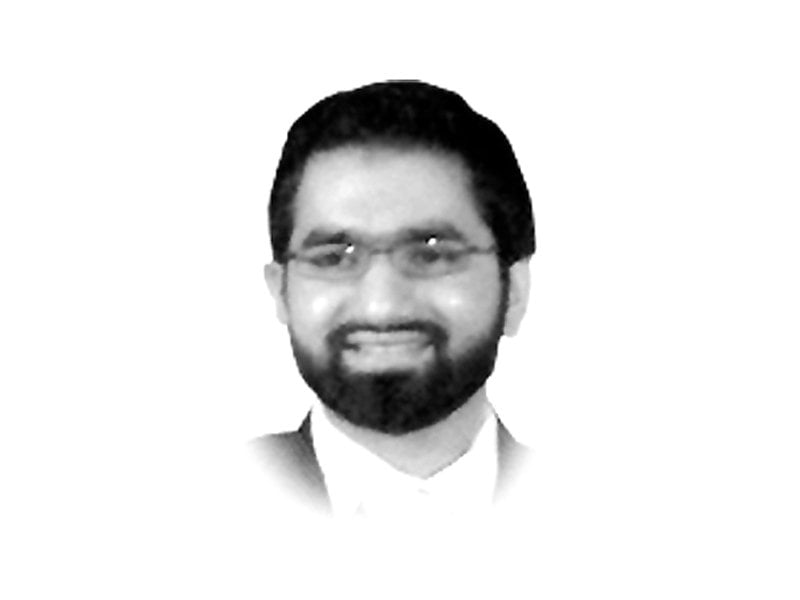
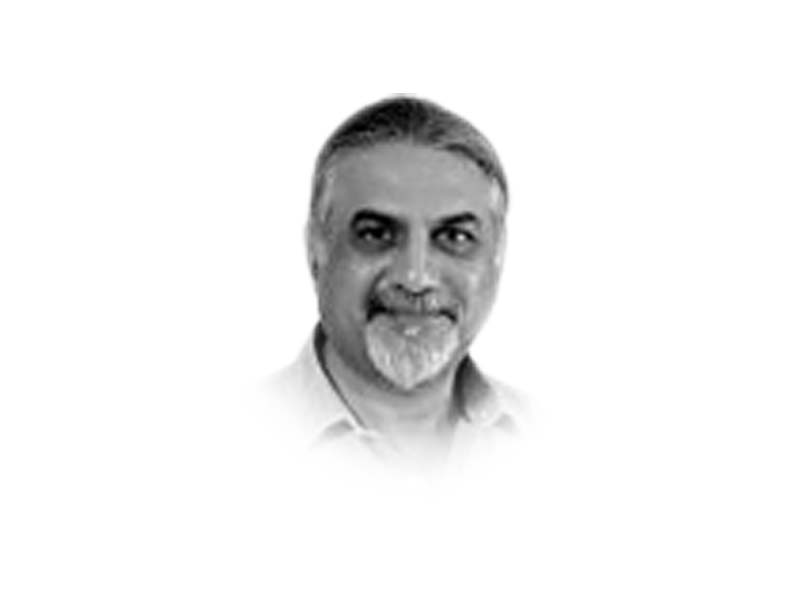
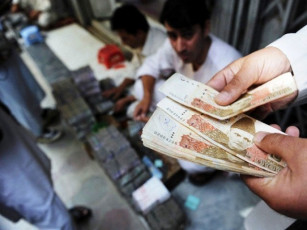

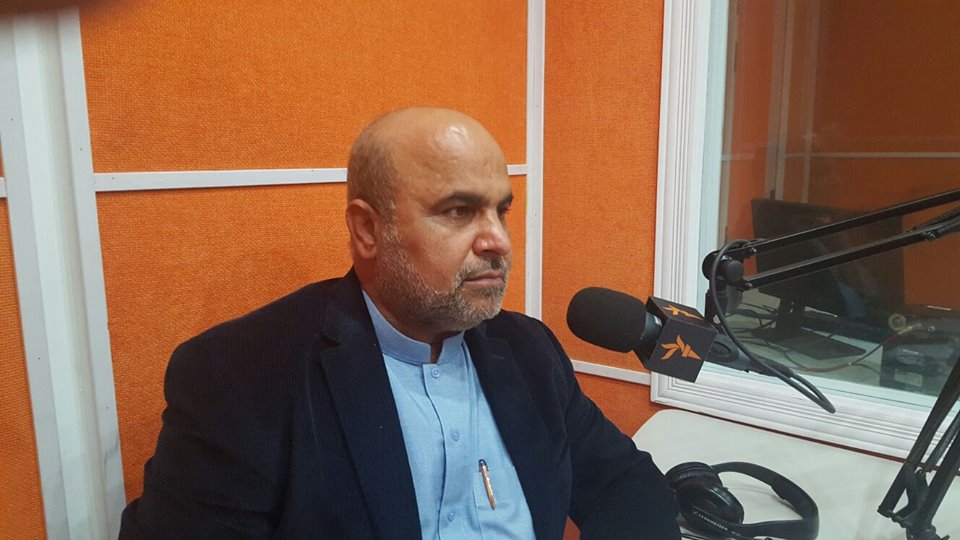


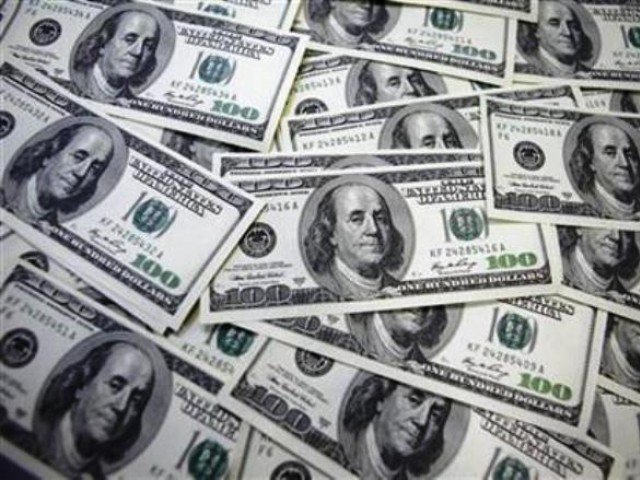



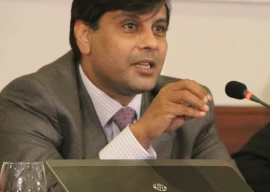


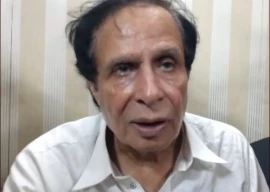








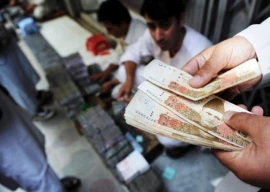



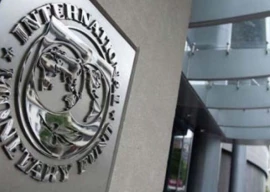


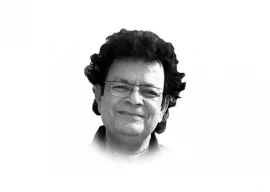

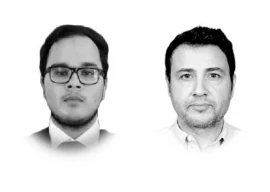

COMMENTS
Comments are moderated and generally will be posted if they are on-topic and not abusive.
For more information, please see our Comments FAQ